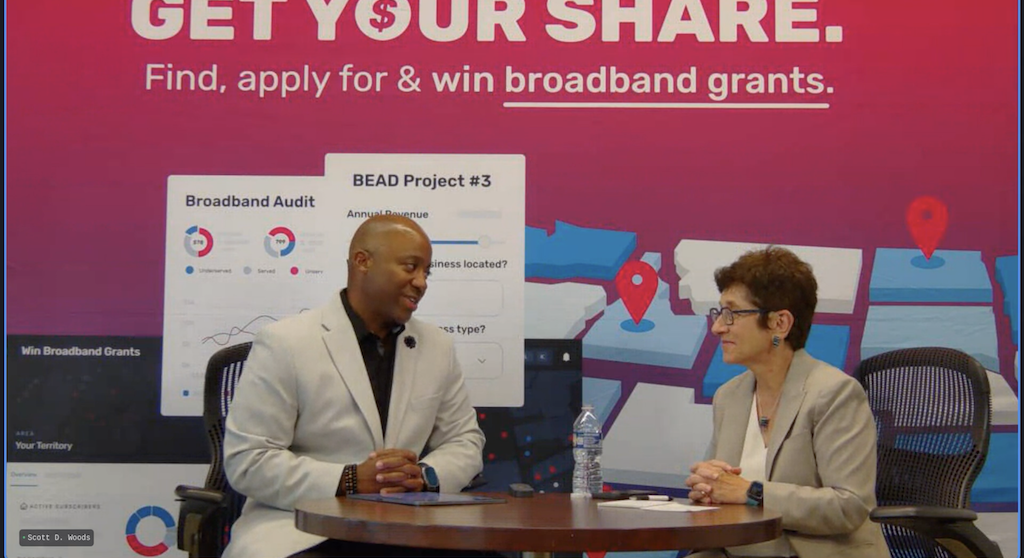After BEAD Allocation, Gigi Sohn Advocates Municipal Broadband to Close Coverage Gaps
It’s unclear how BEAD funds will interact with state laws restricting municipal broadband projects.

WASHINGTON, July 18, 2023 — Municipal broadband providers, which play a vital role in bridging the digital divide, should have equitable access to federal funding regardless of state regulatory roadblocks, said Gigi Sohn, executive director of the American Association for Public Broadband.
Speaking on the Broadband Money’s “Ready or Not?” podcast on Monday, Sohn was critical of state prohibitions or restrictions on locally owned broadband, saying these laws are “anti-consumer and anti-competitive.”
Last month the National Telecommunications and Information Administration announced the amounts states will receive from the $42.5-billion Broadband Equity, Access and Deployment program. Even though the BEAD’s funding guide does not permit states to exclude municipal broadband from grant consideration and does “strongly encourage” states to waive such restrictive law, it is unclear how the requirements would interact with states where those laws already exist.
In 2022, NTIA head Alan Davidson indicated he would “pressure” states with such laws to accept municipal broadbands as eligible for the program. While some have rolled back their restrictions in recent years, 17 states still have laws in place that make establishing or maintaining community broadband networks impossible or extremely costly and unsustainable.
Sohn, a former nominee for commissioner on the Federal Communications Commission, cited Wilson County, North Carolina as an example where the state had barred the community-owned broadband Greenlight from serving residents beyond the county line, leaving locals with few internet options from private companies that would cost an exorbitant amount of money.
To address this issue, Sohn recently joined AAPB, a non-profit organization founded by state and municipal broadband officials to create a network of community broadband providers and promote the expansion of public broadband.
These municipal network models would be essential in closing the digital divide because they are motivated by different incentives than private companies to “go to places that incumbent won’t,” Sohn argued.
“They are not interested in return on investment,” she added. “They are interested in making sure everybody is connected.”
Sohn had previously cautioned against large private companies, who opposed community-owned broadbands to retain market dominance but allegedly refused to expand their service to high-cost regions, where profits would be minimal.
As AAPB executive director, her goal would be to double the number of community-owned networks in the next five years.
“This is about whether a community should have choice,” said Sohn. “This is about freedom.”
Municipal network deployment has been a contentious topic for quite some time. Some places have decided to implement the model, either through a public-private partnership or an open-access model in which multiple ISPs share the same infrastructure lent by municipalities. However, experts have also raised concerns that the presence of public providers would discourage new entry into the market and possibly regulate existing service providers.








